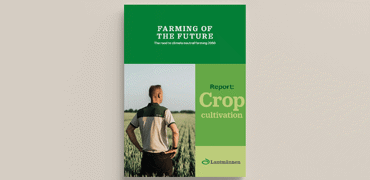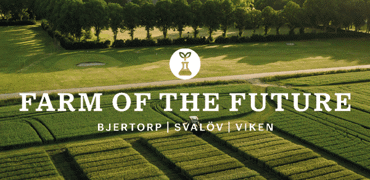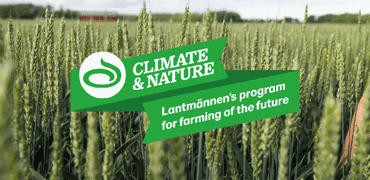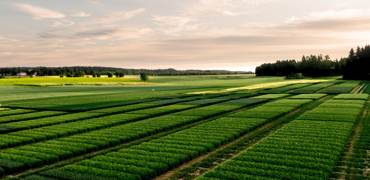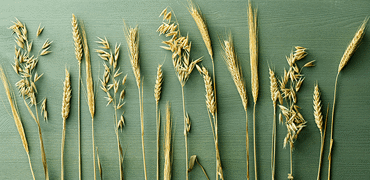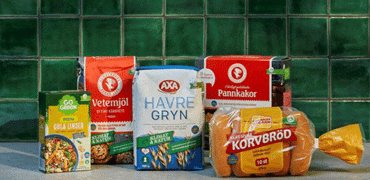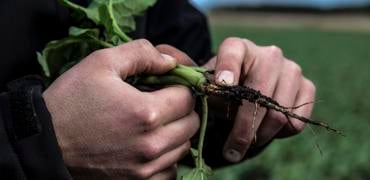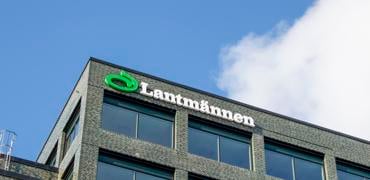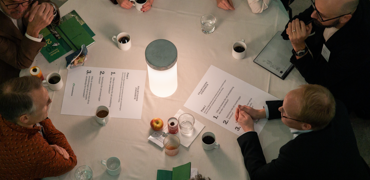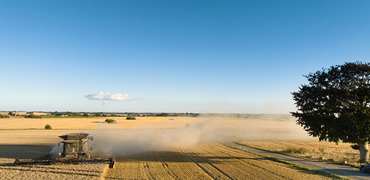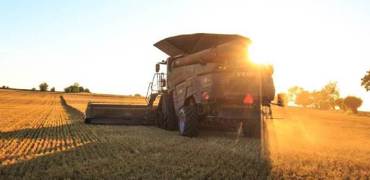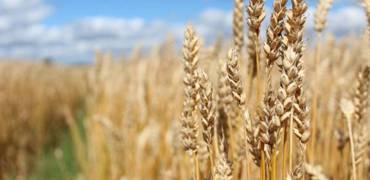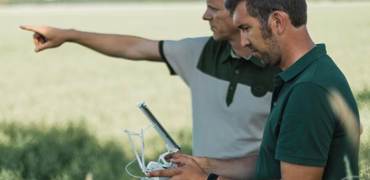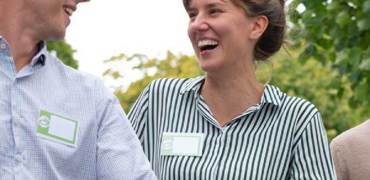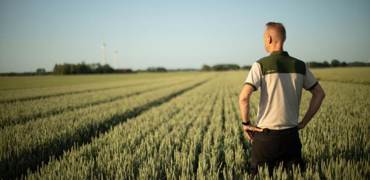Collaboration to accelerate towards Farming of the Future
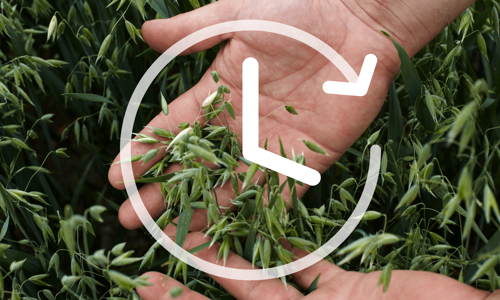
Since 2019, Lantmännen has pursued the vision of Farming of the Future with the aim of a productive, profitable, and climate-neutral farming by 2050. A key to achieving the vision’s goals is collaboration. Therefore, Lantmännen arranges seminars where representatives from business, civil society, politics, and academia meet. Here, Lantmännen’s Group President and CEO shares some reflections from the latest seminar.
In the autumn of 2023, 26 harvests remain before the goal of climate-neutral farming in 2050. On the 6th of December, we arranged the eighth seminar in the series on Farming of the Future, Science Based Action in the food value chain. There was a large audience turnout on site, but also via our webcast, where we discussed concrete steps on the way forward towards increased productivity and climate neutrality. We already see great commitment regarding these issues, and its increasing – which is important. We all have a role to play in creating a sustainable, profitable, and robust food production in Sweden.

Magnus Kagevik, Group President & CEO Lantmännen, on stage.
Recently, the international negotiations at the UN COP28 conference took place; an arena where the world’s countries are trying to stop emissions and climate change. At the same time, there are reports that we are already at a level of 1.5 degrees of global warming. It is urgent to act and, with the knowledge gathered within Farming of the Future, we want to show that the transition is possible.
During the seminar, industry colleagues, farmers, researchers, and other societal actors gave their perspectives on opportunities to scale up existing technology in order to reduce the emissions from farming. The estimated cost of the green transition within Swedish agriculture was presented by the Federation of Swedish Farmers (LRF). We got to see concrete examples of food production at the forefront, including Haghultskossorna’s fossil-free production of beef. At Lantmännen, we presented our sustainable cultivation program Climate & Nature which continues to grow and develop with new partners, new markets and increasing volumes. In 2023, we have introduced fossil-free fertiliser within the programme. It is an important milestone that enables a fossil-free value chain for food – something we are the first in the world to be able to offer for large scale food production. This is largely due to our collaboration with the supplier Yara.

Representatives from industry, academia, politics, and other societal actor participated in round table discussion.
After the broadcast, the audience and speakers met in round-table discussions at nine different stations with moderators from Lantmännen. The participants were engaged and the meetings constructive. Some conclusions from the discussions were:
We must maintain a long-term focus despite the challenges. Global uncertainty is a reality going forward, rather than an exception. Urgent issues take a lot of time, but the industry's objectives through Science Based Targets mean that we keep our focus moving forward. We also need a climate policy that is firm and stays the course. Farmers should not have to take the risk when regulations or short-term opinion changes.
It cannot be profitable to do wrong. Today there are big price differences between sustainable, Swedish products compared with less sustainable alternatives. “The bottom line” for sustainability must be raised within the industry and, with the aid of more incentives, we can achieve higher levels.
Consumer communication is an important issue. It is an educational challenge to increase the willingness to pay for more sustainable products. In the long term, knowledge can increase where, for example, schools can play a role. But in the short term, the consumer's willingness to make sustainable choices is not enough. Trade and companies must go ahead and offer more sustainable products and services.
Improved data collection at farm level provides new opportunities such as comparisons, new knowledge and new incentive structures that lay the foundation for improvements for farmers. Better data also provides the basis for common standards and methods for climate calculations in the industry.
As Sweden’s third biggest industry, the Swedish food industry must be given a higher status. Here, there are great expectations to deliver on, not the least for politics in terms of the new food strategy that will be presented shortly.
A main conclusion raised by several speakers and participants during the afternoon is the importance of partnership in the value chain, from primary production to end customer. For example, I see the new Handshake for a sustainable food chain coordinated by WWF, as a big opportunity going forward. During our seminar Science Based Action in the food value chain, our cooperation was strengthened. Everyone who participated shared knowledge and inspired each other to take more and faster steps towards Farming of the Future. Thanks to everyone involved – we drive the transition together.






